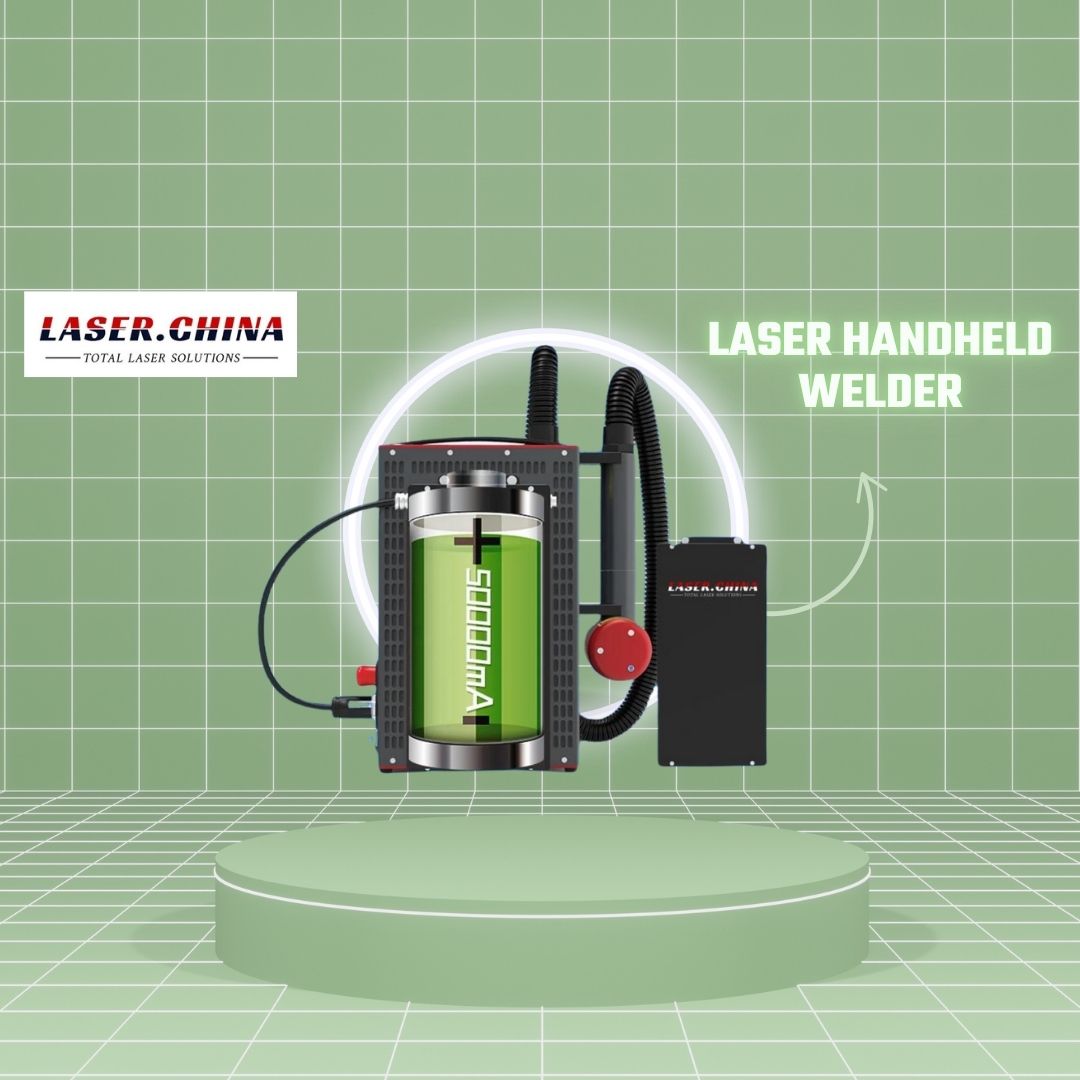
Choosing the right fiber laser cutting machine manufacturer is a critical decision for any business involved in metalworking, automotive, aerospace, and other precision industries. Fiber laser cutting machines are high-precision tools that rely on the latest technology, and the choice of manufacturer can significantly impact a company’s operational efficiency, product quality, and overall return on investment. Here are the essential factors to consider when evaluating a fiber laser cutting machine manufacturer and understanding what makes a reliable and suitable partner.
1. Reputation and Track Record in the Industry
A manufacturer’s reputation is often a strong indicator of the quality and reliability of its products. Established manufacturers with a solid track record are generally better choices, as they have proven their technology over time and across various industries. Researching customer reviews, testimonials, and case studies can provide valuable insights into the experiences of other companies. If a manufacturer has supplied fiber laser cutting machines to reputable companies or industries with high standards, it’s likely they meet stringent quality requirements and can offer reliable solutions.
2. Technological Expertise and Innovation
Fiber laser technology is continuously evolving, and it’s essential to choose a manufacturer that demonstrates a commitment to innovation and technological advancement. Look for manufacturers who invest in R&D to stay at the cutting edge of laser technology. This is especially important if your business relies on advanced capabilities, such as precise, high-speed cutting, automation, or handling a variety of materials and thicknesses. Manufacturers with up-to-date technology, like high-powered fiber lasers or advanced CNC integration, can help future-proof your investment and keep your operations competitive.
3. Range of Machines and Customization Options
Different industries and applications require varying specifications, and a good manufacturer should offer a range of machines tailored to these needs. A broad product lineup can indicate the manufacturer’s versatility and willingness to cater to unique business needs. Furthermore, some manufacturers offer customization options, allowing you to tailor the machine to specific requirements like cutting speed, power, bed size, or software integration. A customizable machine can be an excellent investment for businesses with specialized cutting requirements or production workflows.
4. Quality and Certification Standards
Ensuring that the fiber laser cutting machine meets industry standards and certifications is essential. Certifications like ISO 9001 for quality management or CE marking for European safety standards confirm that the manufacturer adheres to established quality and safety protocols. Some manufacturers may also have certifications relevant to specific industries, such as automotive or aerospace, which further validate the reliability and durability of their machines. Choosing a manufacturer that complies with these standards helps ensure the equipment is safe, durable, and manufactured under rigorous quality control.
5. After-Sales Support and Maintenance Services
A critical aspect of choosing a fiber laser cutting machine manufacturer is the level of after-sales support provided. Laser cutting machines are complex and require regular maintenance, technical support, and occasional repairs. Reputable manufacturers provide comprehensive support packages, including installation, training, troubleshooting, and regular maintenance checks. Access to local technicians, readily available spare parts, and software updates is equally important. Strong after-sales support minimizes downtime, enhances machine performance, and extends the equipment’s lifespan, making it a valuable factor in your purchasing decision.
6. Cost-Effectiveness and Financing Options
Fiber laser cutting machines are a substantial investment, so it’s crucial to evaluate the cost-to-benefit ratio. Reliable manufacturers will offer transparent pricing, without hidden fees, and help you understand the total cost of ownership, including operation, maintenance, and energy costs. Some manufacturers also offer flexible financing options, which can be advantageous for companies with budget constraints. A reputable manufacturer should also provide a warranty, giving you peace of mind about the equipment’s longevity and quality.
7. Environmental and Energy Efficiency
In recent years, environmental impact has become a priority for many industries. Fiber laser cutting machines are generally more energy-efficient than CO2 laser or plasma cutting machines, but some models are designed with specific energy-saving features. Choosing a manufacturer committed to sustainable practices can benefit both the environment and your operating costs. Inquire if the manufacturer incorporates eco-friendly practices in its manufacturing process or if its machines come with energy-efficient components.
Conclusion
Selecting a fiber laser cutting machine manufacturer requires thorough research and a clear understanding of your company’s needs. Reliable manufacturers offer more than just a machine—they provide ongoing support, customization options, and quality assurance that enhances productivity and operational efficiency. By considering factors such as reputation, technology, customization, quality standards, after-sales support, cost, and environmental considerations, you can find a manufacturer that not only meets your immediate needs but also becomes a valuable, long-term partner in your business’s growth.